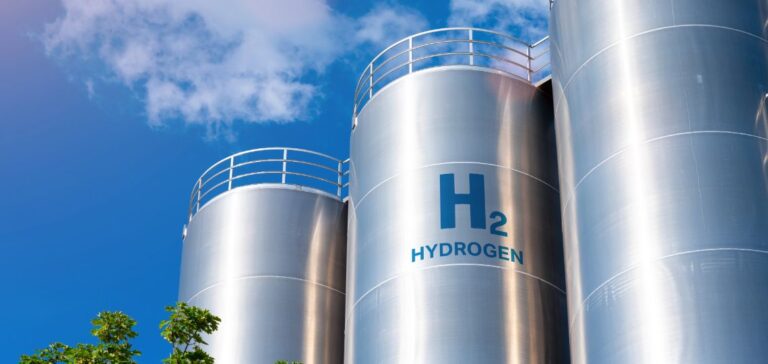The German government, through its environmental agency Umweltbundesamt (UBA), has announced the initiation of a formal process to officially recognize certification schemes for Renewable Fuels of Non-Biological Origin (RFNBO). This initiative, effective December 2, 2024, marks a critical step in developing a structured market for renewable hydrogen.
The schemes involved, including Redcert, ISCC, and CertifHY, have so far provided provisional certification regarding the origin of energy used in hydrogen production and the carbon footprint of these processes. With this formal recognition, hydrogen producers in Germany will be able to seek audits conducted by third-party entities such as DNV, Bureau Veritas, and TÜV.
Towards Tradable Sustainability Certificates
Once certified, hydrogen production facilities will be able to issue sustainability certificates, commonly referred to as “Proof of Sustainability.” These certificates will have monetary value and can be traded in an emerging market, thereby facilitating transactions between producers and consumers of renewable hydrogen.
This development is also seen as a lever for attracting investments in the sector. Domestic RFNBO producers will be eligible for incentives such as the THG quota system, which currently provides a premium of €3 per kilogram of hydrogen produced. Over time, higher credits may be granted for replacing existing gray hydrogen with renewable hydrogen, especially in refineries.
European Impact and Future Outlook
At the European level, this initiative aligns with a broader regulatory framework. During the European Hydrogen Week in Brussels, CertifHY confirmed that its certification scheme, along with those of Redcert and ISCC, had passed the European Commission’s technical evaluation process in November 2024. Formal recognition of these schemes by the European Union is anticipated by early 2025.
However, the inauguration of the new European Commission under Ursula von der Leyen could intensify debates surrounding regulatory distinctions between renewable hydrogen and low-carbon hydrogen. Adjustments to existing rules may emerge, potentially affecting incentives and certifications across the EU.
This momentum highlights the growing importance of renewable hydrogen in Europe’s energy transition. Establishing a transparent and certified market could drive broader adoption of this technology while reinforcing continental climate objectives.






















